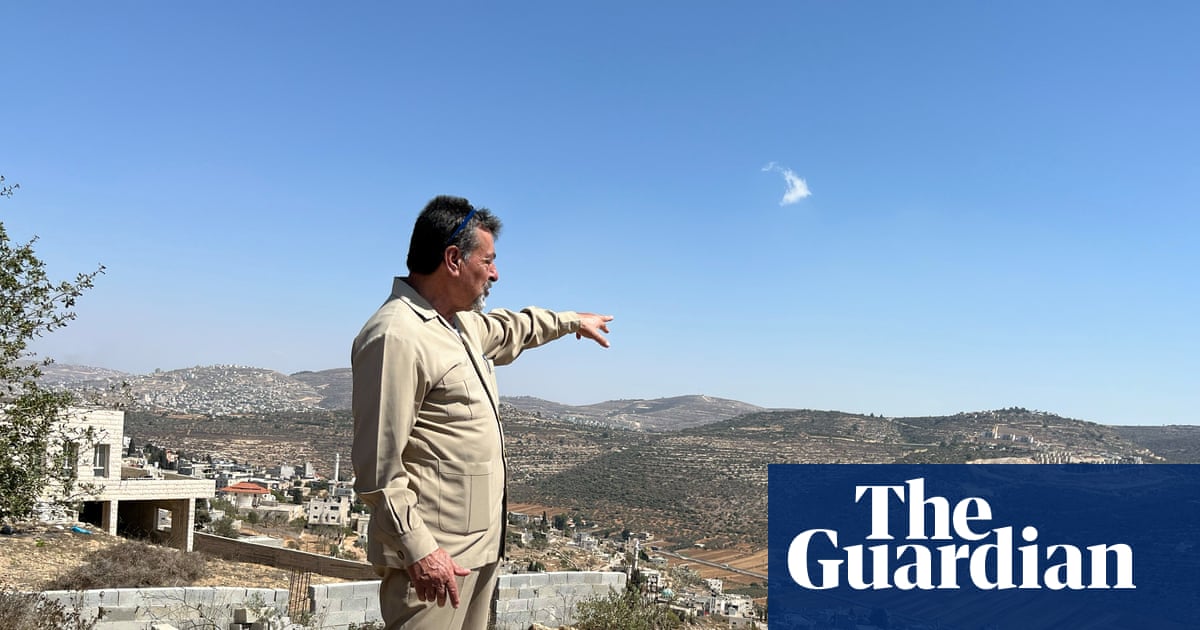
"From the highest point in As-Sawiya, Mahmud Hassan, the mayor, points out the olive orchards on the other side of the highway below the town. They lie on land owned by local families but are now impossible to reach without risking a potentially fatal clash with Israeli settlers who live in settlements around the town, or with Israeli security forces, he says. In all, about 70% of the town's olives are currently inaccessible."
"Our olives are everything for us: the backbone of our economy, in our homes, on our tables, in our culture. These last years have brought nothing but misery to us, says Hassan, 68. The situation is the same across much of the West Bank. Since the beginning of October, the Palestinian Farmers' Union (PFU) has logged more than 50 incidents of violence or destruction."
"The UN has recorded more: 86 olive harvest-related settler attacks resulting in casualties, property damage or both, including several incidents reported in the days before the official start of the season on 9 October. More than 3,000 trees and saplings have been damaged and 112 Palestinians injured, including 50 by settlers. Incidents entailed attacks on farmers inside or on their way to olive groves, theft of crops and harvesting equipment, and vandalism of olive trees, the UN said."
Olive orchards around As-Sawiya and many West Bank villages are inaccessible because farmers risk clashes with Israeli settlers and security forces. About 70% of As-Sawiya's olives cannot be reached, undermining livelihoods and cultural practices tied to olive production. The Palestinian Farmers' Union logged more than 50 incidents of violence or destruction since early October. The UN recorded 86 settler attacks related to the olive harvest, reporting over 3,000 trees and saplings damaged and 112 Palestinians injured, including 50 by settlers. Incidents included assaults on farmers, theft of crops and equipment, and vandalism of olive trees.
Read at www.theguardian.com
Unable to calculate read time
Collection
[
|
...
]